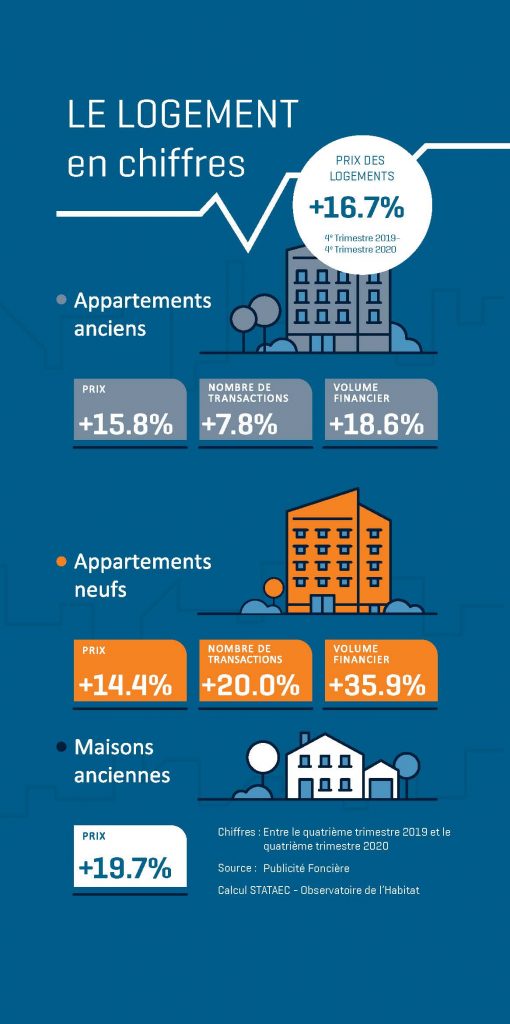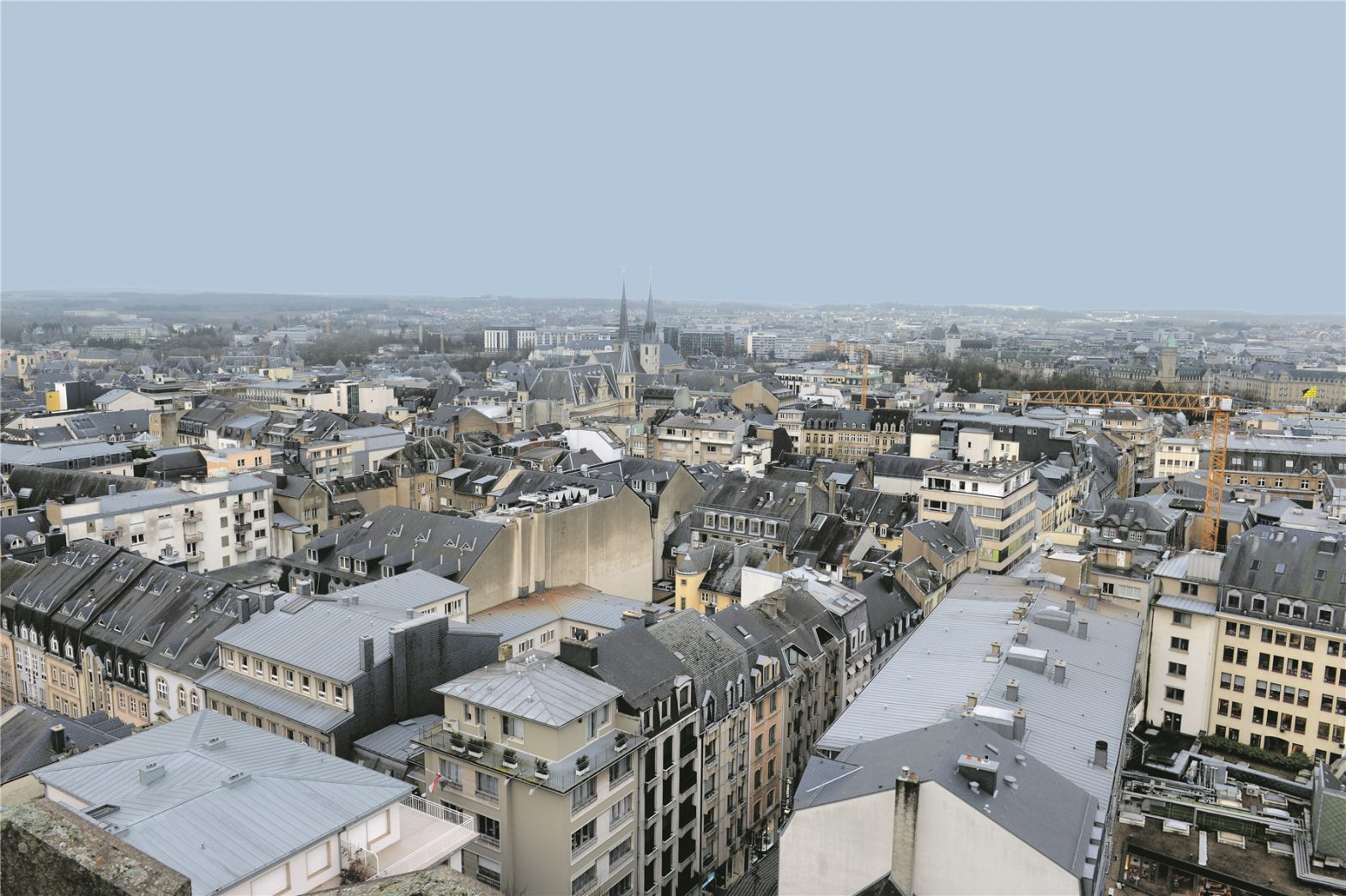The housing situation in Luxembourg has been coming to a head for years. Demand exceeds supply, but above all there is a lack of affordable housing. An apartment or a house has become a luxury good. The commodity “real estate” continues to be the lucrative investment for top earners and millionaires in Luxembourg, with a price growth rate of 16.7 % within one year. While only a few benefit from the rising prices, for the much larger part of the population this means that they have to move out, are displaced, have to look for a new apartment in the nearby border area (where the apartments are halfway affordable) or simply that they do not get an apartment and have to look for themselves where to stay.
Politicians have been ranting for years about the precarious housing situation, which is continually worsening. However, it remains to be asked to what extent there is any political will at all to solve the housing crisis? Or whether one is much more likely to lose one’s electoral audience by easing the housing market?
The housing crisis in Luxembourg has long since become a social crisis. Rising rents are exacerbating poverty. The crisis mainly affects people who are already living in poverty, precarious situations or at risk of poverty. It also affects a majority of people who live in Luxembourg but do not have the right to vote (at the national level). More than 70% of Luxembourgers who have to right to vote – including potential voters for a political party – own their home or live in a household that belongs to their family. But it is also the state itself benefits from the fact that people who can no longer afford or cannot wait until they get a subsidized offer move abroad. For the Luxembourg state, this means that expenses for social assistance are eliminated and yet it still receives taxes because these people continue to come to Luxembourg to work.
How indifferent the housing situation and the precarious situation of many (especially who aren’t qualified to vote and young) people, the politics and the state is, can be seen from the fact that between 10 000 and 20 000 apartment in Luxembourg are vacant. These would directly provide housing for about 30 000 people.
The empty houses may catch the eye of one or the other while walking around. The online project Leerstandsmelder.lu has been collecting vacant houses in Luxembourg since 2014. However, there is not (yet) an official register, because this would show the discrepancy between a housing crisis and the vacancy to everyone. This perverse discrepancy led in history, in other countries – but also earlier in Luxembourg – to people taking apartments themselves by occupying vacant apartments and houses.
So there is another way, besides resignation and the tragic trust in politics, and that is: to take things into one’s own hands. To occupy spaces, apartments and houses. To organize together to fight against the encroachments of the landlords, the rent increases, the evictions, and so on.

